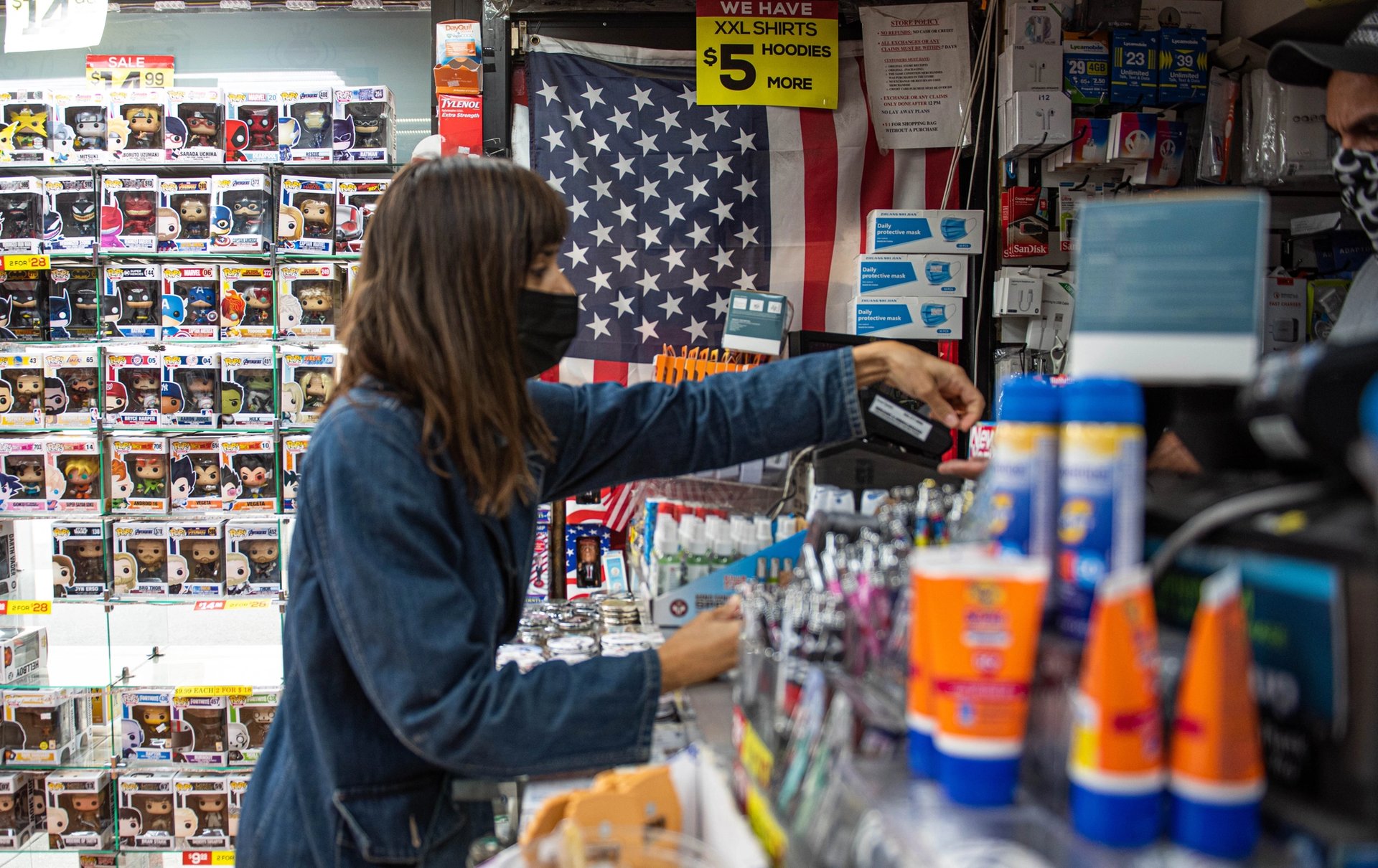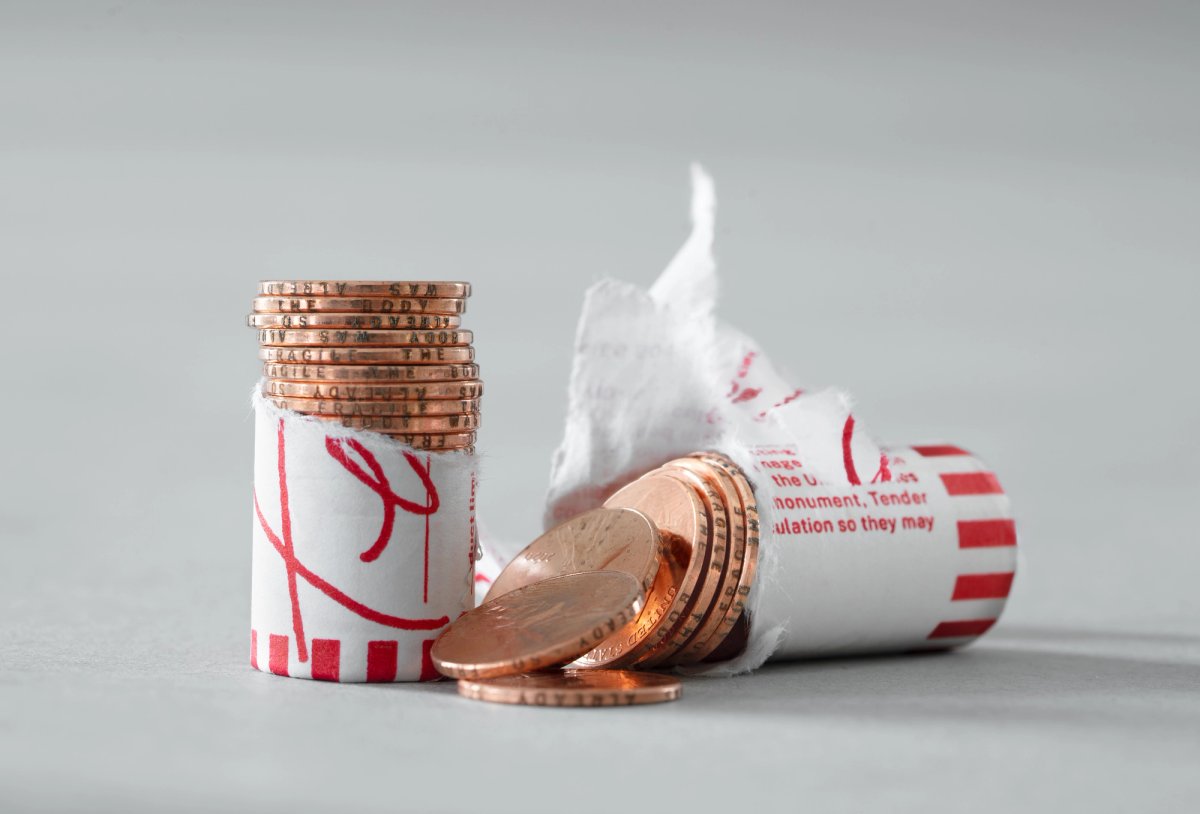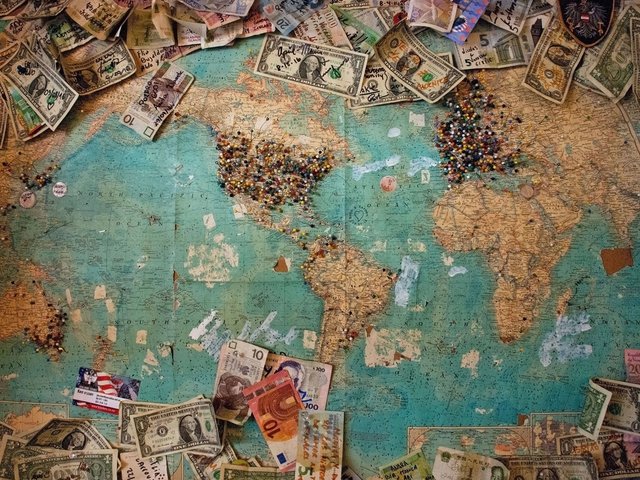The New York-based non-profit Creative Time is launching a new public art work that encapsulates many of the United States’s current issues into a tiny, but poignant object: the penny. The conceptual artist Jill Magid has taken 120,000 legal US one-cent coins for what she calls a “monumental sculpture” titled Tender. The coins will be distributed by the artist into bodegas across all five boroughs of New York City through the purchase of small objects like candy or mini hand sanitisers.
“Pennies are small, promiscuous, national monuments. The coin’s smooth edge—the only surface bare of government propaganda—was ripe for intervention,” Magid says. The work comes in the middle of a national coin shortage, and the decision to unleash 120,000 of these pennies (or $1,200) is a nod to the one-time $1,200 stimulus checks issued in March by the federal government in response to Covid-19.
Each of Magid’s coins are imprinted on one side with the words “the body was already so fragile,” a phrase lifted from an economic article addressing the state of the economy in the early months of the pandemic.

Magid spends pennies at a New York City bodega. Photo by Leondro Justen
“I added [this] ambiguous phrase which speaks to the physical and economic vulnerability of the moment. Tender pennies enter the local economy quietly, and travel like rumour,” she says. The words point to the anxiety around shared objects due to the pandemic, and the fragility that already existed within the human body, as well as the greater, collective body politic.
Once the pennies are spent at the bodegas, they will act just as any other coin and change hands with whoever happens upon them next—mimicking, in some ways, how the coronavirus spreads. Pennies, however, average a 40-year lifespan once in circulation, suggesting that the impact of the virus will stay with us even after a vaccine.
Creative Time’s executive director Justine Ludwig notes that, as social distancing remains an act of care, “ Tender explores intimacy and exchange as she reflects upon the profound and devastating, yet often unseen, toll of the current pandemic.”
Though Tender is an ongoing artwork that will be experienced—knowingly or not—throughout the country for an indeterminate amount of time, the Renaissance Society at the University of Chicago has also planned a corresponding exhibition to open in February 2021.



